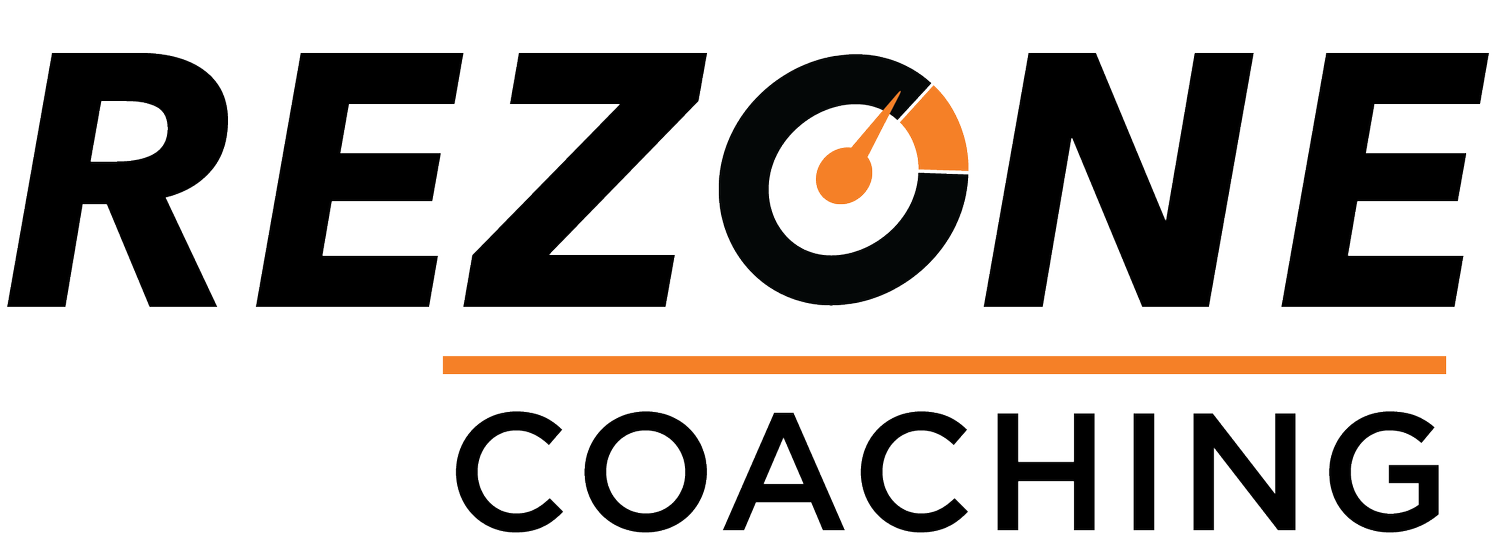
Brian’s Blog
For more resources, check out the ReZone Learning Library.
How Coaching Helps Overcome ESG Challenges in Digital Leadership
I discussed the critical role of effective communication in digital leadership, particularly when navigating complex and potentially controversial issues related to ESG (Environmental, Social, and Governance) challenges. As leaders strive to address these challenges, their ability to genuinely connect and communicate with others becomes paramount. Many coaching programs (mine included) offer individuals insights into their unique communication tendencies and coach them on modulating their style to maximize alignment with others and achieve organizational goals.
This Forbes article explores how coaching can be instrumental in overcoming ESG challenges in digital leadership. In addition to my contribution, you'll discover a range of insights that highlight the transformative impact of coaching in addressing complex leadership issues.
15 Ways Leading With Self-Empathy Promotes a Leader's Growth
My contribution emphasizes the importance of confronting imposter syndrome to promote personal growth and leadership development. Imposter syndrome is a common challenge leaders face, especially as they step into new, demanding roles. However, by openly discussing these fears and learning to push through them, leaders experience personal growth and inspire others to do the same. Confronting imposter syndrome demonstrates vulnerability and resilience, qualities that can encourage and motivate others.
The article shares 15 ways in which leading with self-empathy can foster a leader's growth. In addition to my contribution, you'll discover a wealth of insights highlighting the transformative power of self-empathy in leadership.
Asking Good Questions To Motivate Teams
This article offers invaluable strategies for leaders looking to uncover what drives their teams and how to effectively harness that motivation.
In my contribution titled "'What truly matters to you, and why?'" I emphasize the importance of understanding the unique motivations of each team member. As leaders, we can only motivate others when we truly understand their goals, values, and driving forces. Armed with these insights, leaders can tailor strategies that align organizational missions and goals with each team member's individual values and interests, creating a win-win situation for everyone involved.
Building High-Performing Teams By Creating Psychological Safety
This article offers invaluable strategies for leaders looking to cultivate an environment of psychological safety within their teams, ultimately leading to higher performance.
In my contribution titled "Encourage Challenging Of The Status Quo," I highlight the importance of challenging the status quo as a means to foster psychological safety. It's essential for leaders to encourage team members to challenge conventional thinking, as conformity of thought can stifle innovation and growth. By valuing and implementing diverse ideas, leaders not only enhance psychological safety but also demonstrate the importance of challenging the status quo for team productivity and success.
Cultivating Open-mindedness in Teams
This article explores essential strategies for cultivating open-mindedness within teams, offering actionable advice for leaders and professionals alike.
In my contribution, titled "Share Helpful Real-World Examples," I discuss the importance of using real-world success stories to challenge fixed-mindset mentalities among team members. As leaders, we're encouraged to adopt a coach-like approach, asking probing questions to uncover underlying attitudes. When these inquiries reveal a fixed mindset, it's crucial to supplement them with concrete examples of success. By illustrating what's possible through real-world examples, we not only provide an alternative perspective but also teach team members to be open to new possibilities.
15 Helpful Qualities Leaders Build By Increasing Their Self-Awareness
In my "Strong Interpersonal Relations" contribution, I address a common blind spot among leaders: the inability to relate effectively to others. Beyond the behavior, many leaders fail to fully appreciate the negative impact on their leadership and the team dynamics. By cultivating ongoing self-awareness, leaders can identify and bridge this gap by making conscious adjustments that enhance their leadership capabilities while improving their impact and outcomes.
The article is an invaluable resource for leaders at any level who seek to deepen their own self-awareness and its positive effects on their leadership. Beyond my contribution, 14 other leadership experts shared amazing insights that all roll up into one comprehensive guide on how leaders can develop crucial qualities through heightened self-awareness.
20 Common Obstacles Standing In The Way Of Team Transformation
The obstacle I shared titled "Uncommitted Leadership" emphasizes that the dedication of the primary leader is absolutely essential, particularly when juggling multiple priorities. Without this unwavering commitment from the top, expecting the entire team to follow suit is not just unrealistic, but also naive. It's the leader's responsibility to set the right tone, which significantly reduces resistance and empowers the team to navigate unforeseen challenges and realize their utmost potential.
The article is a treasure trove of knowledge, offering insights into 20 common hurdles that teams face during transformation processes. My contribution, along with those from 19 other experts, sheds light on the multifaceted nature of team dynamics and the varying factors that can either hinder or foster successful transformation.







